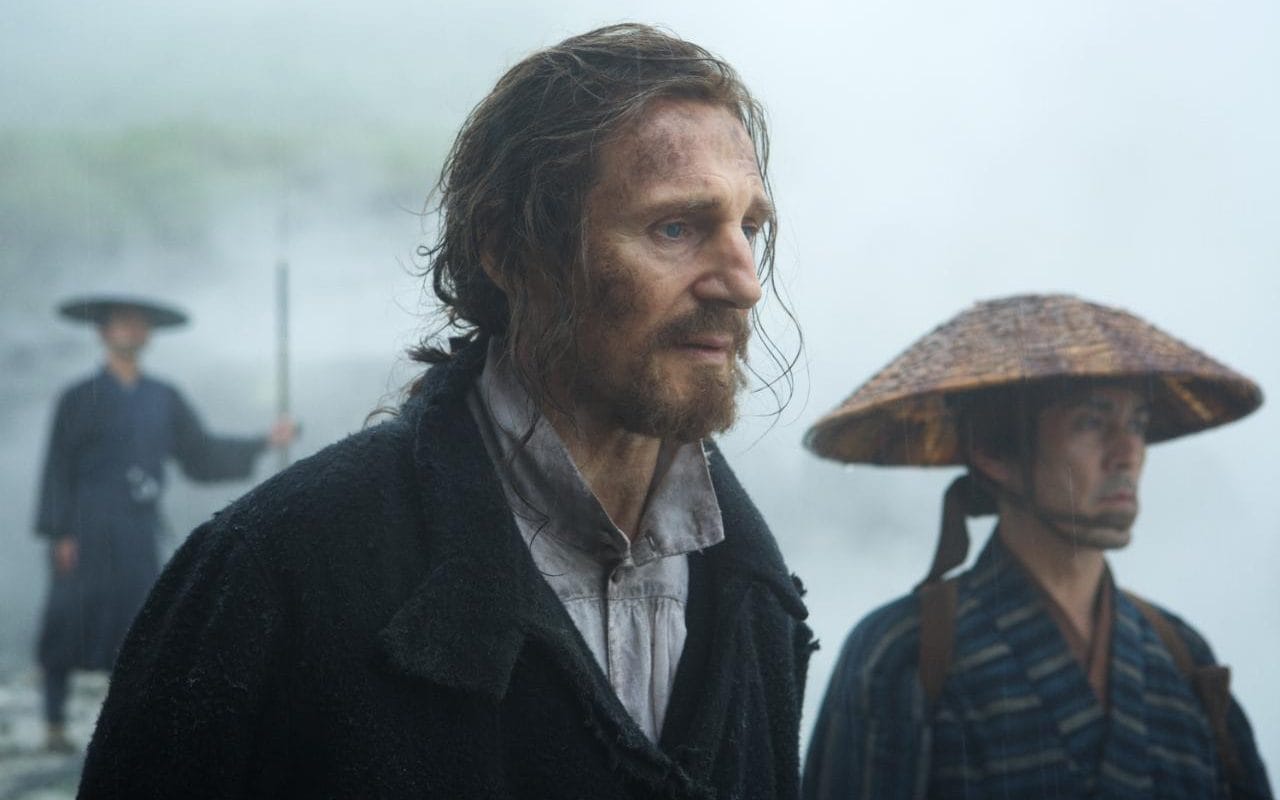
An audience’s response to a film’s release can often be a wild gamble. Sometimes, the strangest films can become hits, and the most phenomenal and erudite films can wither and die at the box office. Even the creative exports of famed directors can’t always ensure a packed theatre. As a result, across film history, a great deal of directors’ most honest, daring and heartfelt projects are doomed to become distant memories until they are rediscovered years later.
While many of cinema’s hidden gems are polished by cult audiences at one point or another, it remains true that some incredible films are surpassed by other commercial titans, while being equally deserving of the spotlight, if not more so. When esteemed directors suffer a commercial flop on a smart film, it can be mystifying. Whether it be due to being misaligned with current cinematic trends, misfiring on promotion or being released under the shadow of a larger production, many films across cinema history are worthy of greater exposure to a wide audience of cinema fans that may never have had the chance to experience them. Rather than leaving these films to rot in reel tins in the projection room, discussion and reassessments of these unsung giants are needed to keep film history alive and fresh, as well as preventing it from becoming nothing more than a chart of financial successes.
In light of this, here is a list of ten incredible films by famous directors which sadly flew under the mainstream radar upon release.
1. Frenzy (Alfred Hitchcock, 1972)
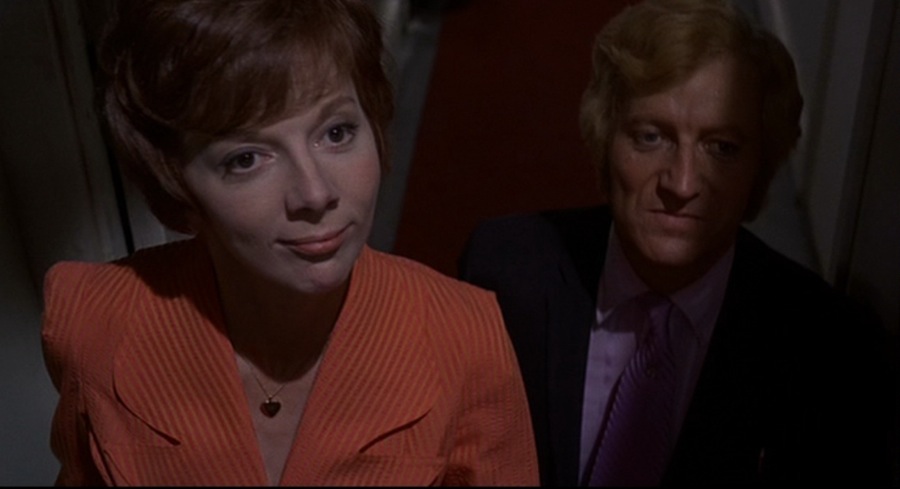
Hitchcock’s final film is often wrongly labelled as his worst, or even forgotten entirely. It is unfortunate, since the shift into the slightly more sexually lurid period of the 1970s allowed Hitchcock some freedom of storytelling he was previously unable to express. ‘Frenzy’, for this reason, is a starkly gratuitous picture of violence and suspense that remains, to this day, utterly unnerving. But despite its less subtle approach than the famed director’s previous films, none of that typical Hitchcockian style is lost in this sea of ultra-violence.
Following the meandering story of a man framed for a series of brutal London-based murders, ‘Frenzy’ exposes its audience, in much the same vein as ‘Psycho’, to the real identity of the culprit fairly early on in its duration. This transforms the film from a potentially gaudy and painfully ordinary crime film into a tense race for the truth. ‘Frenzy’’s unbearable tension is punctuated by moments that are truly uncomfortable and disturbing.
Perhaps the scene that solidifies the unsung brilliance of ‘Frenzy’ is the quiet allusion to an ensuing murder, which is concluded by a slow retreating camera shot of the empty stairwell leading out into the busy street. This single shot really encapsulates ‘Frenzy’’s genius, as it emphasises terrifying possibility that we could be walking past a murder happening in broad daylight without even suspecting it, carrying on completely unaware.
‘Frenzy’ is Hitchcock’s least talked about but perhaps most mature and unsettling picture. Its stark portrayals of violence are as haunting as they are effective.
2. Silence (Martin Scorsese, 2016)
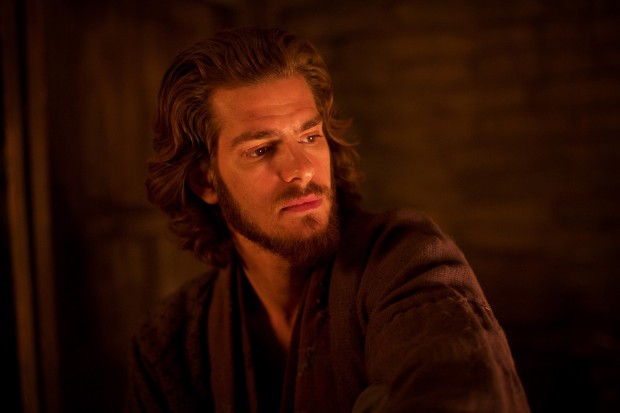
To those who have seen it, ‘Silence’ contains lashings of breathtaking pastoral cinematography, raw and heartfelt performances, and a deeply intriguing moral conundrum at the core of its plot, daring to explore the basis of faith and its boundaries. However, Scorsese’s 17th century religious picture was sadly snubbed by movie-going audiences and award panels alike. Ultimately, the film was left to be eclipsed by the book-end successes of Scorsese’s hits ‘The Wolf of Wall Street’ and ‘The Irishman’.
Yet ‘Silence’, for all its muted and tragic beauty, is an extremely well-made picture, representing an entirely different side of Scorsese as a filmmaker. Scorsese posits the premise of three Jesuit missionaries in Japan with a real clever delicacy, which is needed when dealing with historically traumatic events such as these.
Brilliantly, Scorsese shies away from presenting the film as an overtly one-sided and westernised crusade of faith. Instead, the ‘Taxi Driver’ director allows his audience to view the situation in a stripped back and bold manner, entirely for what it is: a story of men instilled with the belief that their faith is the one true path, tortured and made to question this by those who wish to prevent their indigenous beliefs from being destroyed.
Andrew Garfield, in the lead role, delivers a staggeringly powerful and Oscar-worthy performance as our protagonist, who undergoes the sobering and polarising experiences of a man held captive and forced to renounce his faith.
‘Silence’, despite the lack of interest generated by its release, should not remain in the dark. The nuances of its story deserve wider praise and a definite reassessment from cinema fans.
3. Insomnia (Christopher Nolan, 2002)

Christopher Nolan, whose most recent cinematic project was the time-bending action epic ‘Tenet’, is known for his mentally taxing but pitch-perfect pictures. However, on the back of his amnesiac mystery ‘Memento’, Nolan dabbled in a more understated narrative that would become eclipsed by his subsequent hits ‘The Prestige’ and ‘Batman Begins’.
‘Insomnia’ follows the troubled conscious of detective Will Dormer (Al Pacino) as he ponders the horrific murder of a young girl, as well as his own corrupt shortcomings. Beautifully-shot, ‘Insomnia’ may not be as overtly perplexing as his later films, but in it Nolan submits a quiet masterpiece full of somber gravitas. The injection of Pacino’s burdened detective bearing his own heavy secret creates a deeper dimension to this psychological thriller that is equally as enthralling as Nolan’s infamous action epics.
In addition to its clever spin on the Nordic mystery film of the same name, ‘Insomnia’ stores most of its strength and cinematic impact in its performances. Pacino steers the film in all the right directions and is met with a forcefully eerie take by the late Robin Williams as the suspect in question. Nolan seems to always provoke the very best from his actors, and the same can most definitely be said for these established legends.
‘Insomnia’ may be more understated than most of Nolan’s other projects, but it is just as well-crafted and has been unfairly skirted over by mainstream movie platforms for too long.
4. The Bad Sleep Well (Akira Kurosawa, 1960)
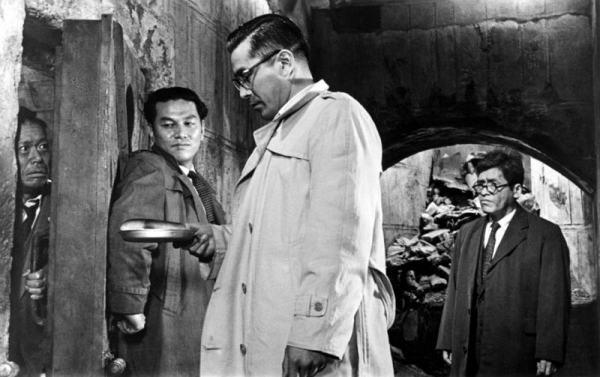
Known mostly for his samurai epics in the ‘50s and ‘60s, Kurosawa is often neglected when it comes to his more modern Japanese tales, which often took the form of a film noir. While it is undeniable that ‘Seven Samurai’, ‘Yojimbo’ and ‘Throne of Blood’ to name a few are exquisite pieces of cinema, Kurosawa’s legacy shouldn’t be limited to historical action pieces.
‘The Bad Sleep Well’ is perhaps Kurosawa’s smartest noir thriller, serving as a tense but poignant commentary on the destructive nature of corporate greed. It also includes an understated but nevertheless brilliantly paced and measured performance from Toshiro Mifune, who is almost unrecognisable in his secretarial specs and suit – a far cry from the sword-wielding energetic samurai warriors he is most famous for portraying. Always, Kurosawa withholds the ability to reveal the truth from the audience entirely. Instead he allows the nature of the plot to be released in small doses, alluding to a truly seedy undertone to this astute business.
Kurosawa, as with his samurai epics, is able to blend together a vast array of genres seamlessly in this crime drama. Never limiting himself to just one box to fill, ‘The Bad Sleep Well’ is a heady mixture of suspense thriller, mystery, with drops of romance littered throughout the film.
It is easy for more understated pictures like this to become overshadowed by the trail-blazing samurai epics that served as blueprints for many American westerns. Nevertheless, if one digs a little deeper into Kurosawa’s astonishing filmography, a rare treasure can be found tucked away in this Japanese film noir.
5. Near Dark (Kathryn Bigelow, 1987)
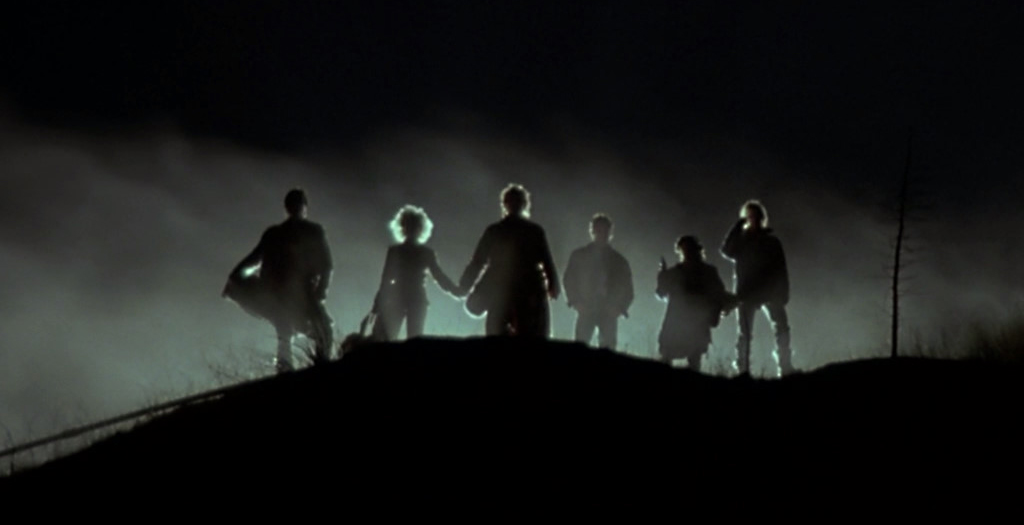
Prior to churning out tense, action-packed and social commentary dramas such as ‘Zero Dark Thirty’ and ‘Detroit’, esteemed female director Kathryn Bigelow displayed her skills in a more unsuspecting sub-genre.
When we think of classic vampire films, ‘Near Dark’ is sadly often vacant from the list. Released the same year as Joel Schumacher’s commercial teen hit ‘The Lost Boys’, ‘Near Dark’ was designed to be more of a modern western than the conventional vampire film blossoming in the mid-80s. The quirky and alternative young-adult element of ‘The Lost Boys’ ruled in 1987, but that doesn’t mean that ‘Near Dark’ should be left on the VHS shelf collecting dust. Bigelow’s vampire odyssey is a
Starring Jenny Wright, Bill Paxton and Lance Henrikson, the film depicts a lone mortal named Caleb (Adrian Pasdar) from a small town who meets a mysterious wayward drifter named Mae (Wright). In a perfect blend of the tropes belonging to westerns and horror, Mae is revealed to belong to a band of nomadic vampires, with which Caleb becomes embroiled.
‘Near Dark’ is also particularly poignant for its cultural synonymy with real-world events occurring at the time of its making. With the AIDs epidemic at its peak, ‘Near Dark’’s vampiric personification of outcasts seeking blood mirrors the seedy danger of drug abuse that became a critical social talking point in the late ‘80s. Not only is Bigelow’s vampire film enjoyable, but its commentary on social issues makes it a truly unmissable gem of a film.